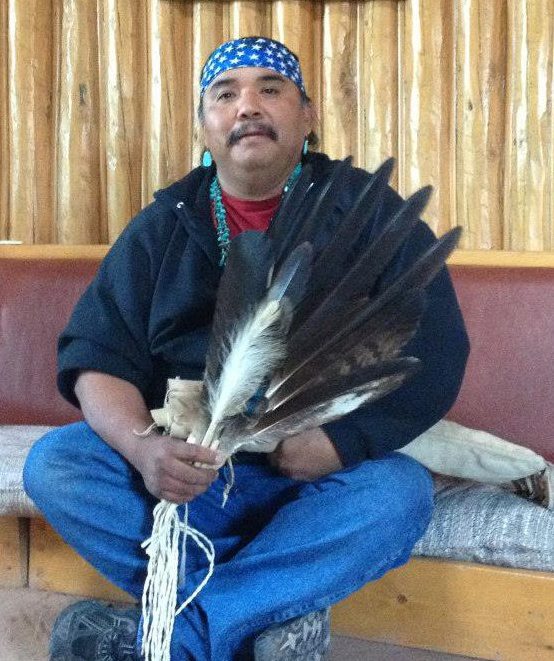Three years ago, the Supreme Court ruled in Burwell v. Hobby Lobby that the government could not force company owners with a religious objection to provide contraceptive coverage to their employees. Since then, liberals have spun the narrative that Christians are using religious liberty lawsuits to thwart “women’s health” (a.k.a., abortion and contraception) programs and anti-discrimination statutes, thus imposing their religion on the public square. But this hasn’t happened at all.
Rachel Busick and Luke Goodrich have studied the religious liberty cases that have gone through the federal appeals courts. They found that there are actually very few religious freedom lawsuits. And most of those are coming not from Christians but from religious minorities.
The biggest issue over the last decade has to do with eagle feathers. Native Americans need to use eagle feathers in their religious ceremonies, but this sometimes put them in violation of federal laws for the protection of eagles. Another often-litigated issue has to do with Muslim prisoners who believe their religion requires them to wear beards, which sometimes conflicts with prison regulations.
Busick and Goodrich found that religious freedom cases make up only 1.2% of all court decisions. Half of those involve litigation by prisoners and asylum seekers.
The remaining 0.6% included lawsuits under the Religious Freedom Restoration Act (1993), the Free Exercise and Establishment Clause of the First Amendment to the Constitution, and Title VII, which forbids discrimination in employment.
Three quarters of the Religious Freedom Restoration Act lawsuits were by individuals claiming the Obamacare exemption on the basis of the Hobby Lobby ruling. The others involved the use of eagle feathers and individuals claiming a religious exemption for the use of illegal drugs. Over the last ten years, though, the number of eagle feather cases was far greater. In fact, 60% of the lawsuits brought under the Religious Freedom Restoration Act have involved Native Americans invoking their religious right to use eagle feathers.
For their scholarly study, see Sex, Drugs, and Eagle Feathers: An Empirical Study of Federal Religious Freedom Cases. For a more popular article about their findings, see Rachel Busick, Religious Liberty Is Not Being Used to Impose Religion. Here’s the Proof, The Daily Signal. She concludes,
The contraception mandate cases were an anomaly that occurred only in response to a specific governmental regulation that burdened specific religious beliefs. The more the government regulates various areas of life, the more likely its regulations will encroach on at least one religious group’s freedom of religion. . . .
It should not be shocking that religious minorities, particularly Muslims and Native Americans, bring a disproportionately large share of religious freedom lawsuits because the government is more likely to overlook their unique needs.
Conversely, even considering the slew of contraception mandate cases, Christians bring relatively few religious freedom lawsuits compared with their share of the overall population. This directly contradicts the popular narrative post-Hobby Lobby that religious freedom cases predominantly involve large Christian groups. . . .
This demonstrates that the true effect of Hobby Lobby is the protection it provides for religious minorities. And that’s a good thing. Religious freedom for all is better than religious freedom for just the majority, or those the government happens to favor at the time.
This does not mean that, for example, the conflict between Christian convictions and LGBT laws has been resolved. This will doubtless require more litigation. The point is, Christians have not been using the courts as a way to simply get out of laws they disapprove of. Furthermore, religious liberty laws themselves are a bulwark against discrimination.
UPDATE: I believe the issue with eagle feathers is not that tribal members want to kill eagles. Endangered species laws generally forbid the possession of dead protected animals, including taxidermy, and trafficking in their parts.
Photo by Dine’ Navajo Wayne (Own work) [CC BY-SA 4.0 (https://creativecommons.org/licenses/by-sa/4.0)], via Wikimedia Commons













